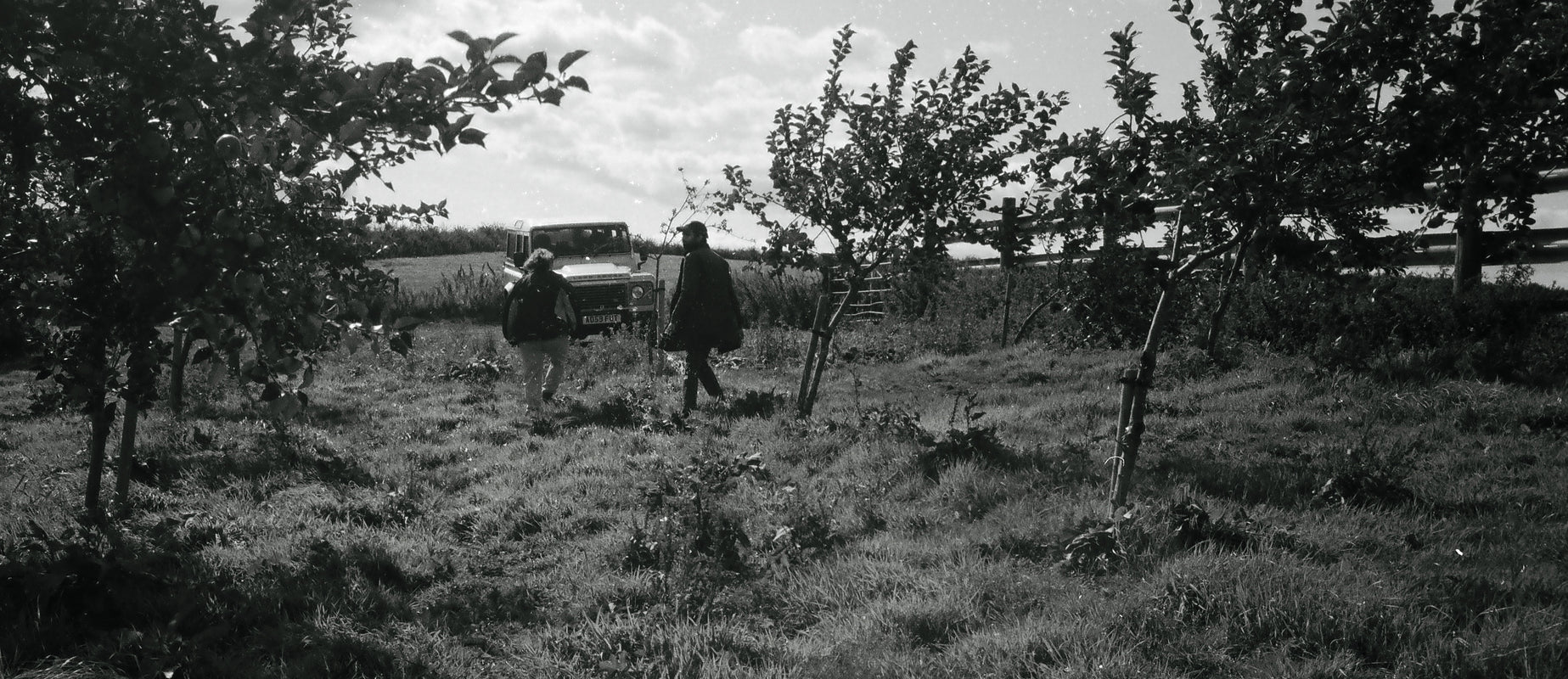The Problem
Did you know Biodiversity in the UK is in Decline?
According to the 'State of Nature' report from 2019 a third of British bee and hoverfly species are in decline, alongside a 41% decline in total biodiversity.
If trends continue some species will be lost altogether.
In a study published in the Nature Communications journal, scientists found common bee and hoverfly species are winning out at the expense of rarer ones, with an overall picture of biodiversity being lost2...
Pollinators are crucial to our food supplies. About a third of our food is dependent on pollinators, of which bees are some of the most important3.
As the UK leaves the EU, we are likely to rely more heavily on our own local agriculture and protecting our pollinator populations should be a priority.
1. State of Nature Report - 2019


Why is this happening?
It's a complex issue, but habitat loss & pesticide use are major factors.
Intensive agriculture promotes the removal of hedgerows and the planting of single crops. This, alongside the use of artificial pesticides, herbicides and fertilisers upsets the natural balance of the land and soil.
More, more, more
The majority of British farming focusses on increasing crop yields - helping to fill the shelves of supermarkets and feed our growing population. However to meet this demand some crops are treated with up to 20 different herbicides, pesticides and growth regulators through the year4.
It is also important to note, that globally we produce more than enough food to feed us, but estimates suggest that a third of what is grown goes to waste5.
Studies suggest if this waste could be eliminated, every farm could convert to organic status4, and on average there is up to 50% more plant, insect and bird life on organic farms6.
So why are only 1% of farms organic?6 It's not always easy for a small, independent farm - or any farm for that matter - to adopt organic and natural practices overnight. Although soil health and biodiversity will recover, this takes time, and on average yields initially drop by 10-20%7.
Fortunately, there is a ground-swell of natural and sustainable farming practices, that are being used to cope with these initial challenges, while working in balance with nature.
At Wildpress we believe that through new business models we can find ways to bring us all into this regenerative cycle of change. See our system below...
5. Soil Association - Feeding the Future
What is helping?
protecting wild spaces & creating new natural habitats helps biodiversity recover.
Wooded areas, well-managed hedgerows, wildflower meadows and traditional orchards all provide havens for local wildlife.
Wild & Traditional Orchards
The Peoples Trust for Endangered Species estimate that 90% of traditional orchards have been lost since the 1950s and 45% of the remaining English orchards are in declining condition8.
For us 'wild orchards' fall into this group. They are typically older, full of interesting heritage varieties and often tucked in the corner of larger farms and estates. Over the course of time and as generations have passed, they are overlooked, 'forgotten' and reclaimed - or rewilded - by nature.
Without support, these orchards are identified for 'grubbing-up' and conversion to more 'productive' farm land.
One positive step: By sourcing the fruit for our juices from these remaining traditional orchards - whatever their size - we help farmers protect them.
Hedgerows
According to the RSPB, hedges may support up to 80% of our woodland birds, 50% of our mammals and 30% of our butterflies 9.
However an Institute of Terrestrial Ecology (ITE) survey of hedgerow changes revealed that between 1984 and 1990 over 9,500km of hedgerow were removed every year10.
One positive step: The UK is one of the most 'hedge-dense' countries in the world - with a combined length of over 500,000km. This is 100,000km more than the combined length of all the roads in the country!11
Their deep roots absorb and store carbon from the atmosphere, and the UK’s 2019 'Committee on Climate Change' report suggested the hedgerow network should be extended by 40% as part of the countries 2050 'Net-Zero' carbon target11.
Wildflower Meadows
The ‘State of Nature' report from 2019 suggests up to 97% of wildflower meadows have disappeared from England and Wales between the 1930s and 1980s12. With this dramatic reduction, wildflower species have been lost at a rate of up to one per year, per county since the 1950s12.
One positive step: There are a number of meadow restoration projects underway in the UK13, with wildflower stripes being planted through large crop fields. This brings natural predators closer to crop pests to help farmers reduce their reliance on chemical pesticides14.
8. PTES - Traditional Orchard Decline
11. The Guardian - Hedges: Resevoirs of Life
12. State of Nature Report - 2019

At Wildpress...
We have created a system that supports local agriculture & biodiversity.
This is a regenerative ethos where everyone benefits – the grower, the orchard, the customer and nature. With every bottle sold, we support the natural environments and growers, who are protecting and restoring biodiversity.
We believe this - in turn - creates tastier, more interesting juices. Head over to the bottle shop to find out more about the presses.




